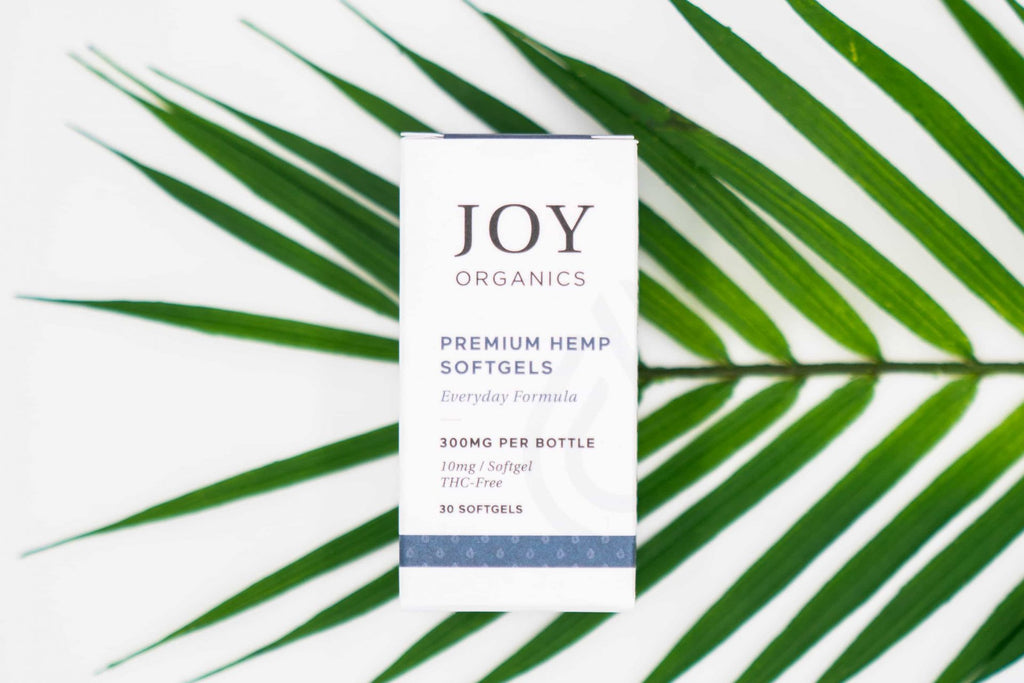How to Read Joy Organics Lab Reports

What’s on the label is what’s in the product.
It’s a common refrain here at Joy Organics, where we create premium broad and full spectrum CBD products for people and even other businesses through our wholesale and private label programs.
Being committed to creating a premium product means securing third-party lab testing and making the results available for every single one of our products. Here’s a quick breakdown of how to read Joy Organics lab reports – the results from our labs and those from third-party labs.

Certificate of Quality Assurance
First, let’s start with the Certificate of Quality Assurance. That’s the document telling you exactly what is and isn’t in the product.
Right off the bat you’ll see product information, including the lot number, the manufacturing date, and active and inactive ingredients. Below that, you’ll see an analysis of the bulk oil and its CBD content, terpenes and physical attributes of our U.S.-grown hemp oil.
The Certificate of Quality Assurance is all about the CBD oil we use to produce the product you ultimately consume in the form of tinctures, softgels, gummies and more. It also shows buyers that Joy Organics is in compliance with the Farm Bill, the legislation that opened up this growing industry.

Third-Party Lab Reports
Next, you’ll see the third-party reports. These reports reference the end product — the product you use at home.
Here are a few things to understand in those reports:
- Cannabinoid Content: This is a look at the isomers of CBD and THC. Some labs report non-detectable or ND for THC content. Other labs use Limit of Quantitation or <LOQ, meaning the test product doesn’t contain enough of the ingredient for sensitive lab equipment to measure. Whether it’s indicated as ND or <LOQ, it means the product is 0.0% THC.
- Pesticides: All of our hemp is grown in the U.S. without pesticides. Similar to THC measurement, you’ll see a reporting of ND or <LOQ if no pesticides are present. We test for 59 different pesticides.
- Microbiology: This covers microbial contamination. Joy Organics focuses on yeast, mold, salmonella and E. coli. Our testing looks at current contamination and the ability for those microbes to grow as the product sits on our shelves or on yours. We abide by USP regulations for limits on microbials.
- Heavy metals: This includes arsenic, cadmium, lead and mercury, which are all heavy metals that can be found in soil and be present on manufacturing equipment. Joy Organics adheres to California’s rules, which are the strictest in the country.
So that’s it. Transparency is a key foundation of Joy Organics, and providing easy access to our lab reports on every product we sell is part of how we serve our customers around the country.
Plus, our tinctures and Jarred salves are now USDA certified organic, so you have even more reason to smile about Joy Organics.
If you have any further questions about reading our lab reports, please reach out to our customer service team!
Thanks for reading! To show how much we appreciate you, we’re going to give you 16% off your next order. Just use code READER16 at checkout!

Medically reviewed by
Kimberly Langdon, M.D.
Newsletter signup
Join the Joy Organics Family
Sign up and get updates on new products, as well as special coupons and discounts.
testimonials
What Our Clients Say
“This is a company that truly cares about its customers and providing the best CBD products currently available on the market.”










Join In On The Conversation
Your email address will not be published. Required fields are marked *
Comments will be approved before showing up.